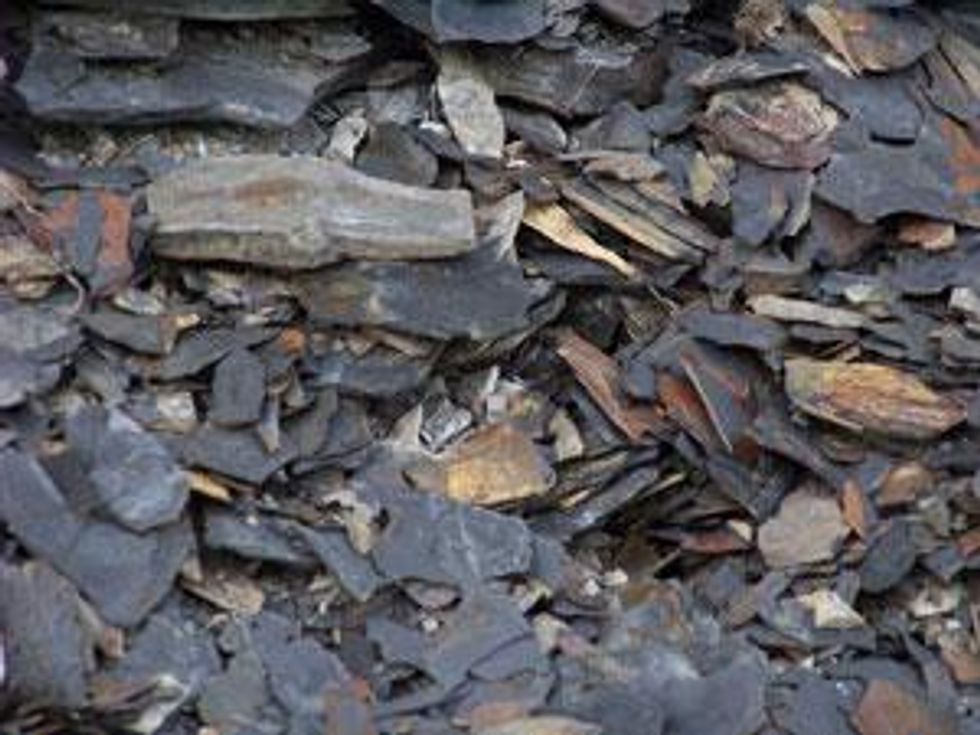Showdown Looms over Proposed Marcellus Shale Production Tax
Industry players closely monitoring lawmaker’s debate over new production tax on operators in largest US natural gas field.
By Robert Sullivan – Exclusive to Gas Investing News
A proposal by state lawmakers in Pennsylvania to impose a production (severance) tax on drillers operating in the Marcellus Shale formation has been gaining momentum in recent weeks and is being monitored intently by the natural gas industry. Pennsylvania is the only significant natural gas producing state not to have a production tax, but with the discovery of massive deposits of natural gas in the Marcellus Shale accessible by horizontal drilling (hydrofracking), state lawmakers are eager for a larger share of the state’s mineral wealth. The proposed tax is for the most part supported by state Democrats and a handful of Republicans, but is opposed primarily by Governor Tom Corbett.The unique geological and regulatory features of Pennsylvania have drawn plenty of players to the Marcellus Shale, which has been estimated to contain anywhere from 262-489 trillion cubic feet (tcf) of recoverable natural gas. If fully exploited, the Marcellus Shale could make Pennsylvania one of the top-producers of natural gas in the United States and a potential rival to current heavyweight Texas given its close proximity to some of the largest urban population centers in the country along the North-Eastern seaboard.
As drillers have moved in and the prospects for development of the Marcellus Shale have come into focus, Pennsylvania lawmakers have started to seriously consider implementing new taxes and regulations on companies operating in the state. A traditionally modest producer of natural gas, the loose taxation system has been championed by its supporters as encouraging capital investment in the state. However, the foregone production tax revenues have until now been nowhere near what they could become in the near-future if the full potential of the region is unlocked. In the top gas producing states in the US, production taxes typically range from 2-9.5 percent of the market value of extracted gas, and Texas currently produces around 25 times more natural gas per year than does Pennsylvania.
Proponents cite firm public support for a production tax and have put forward two bills. The first, introduced on Monday by State Senate President Joseph Scarnati, proposes a $10,000 ‘local impact fee’ be charged for each well drilled in the Marcellus Shale, which is projected to generate revenues of $675 million over the next five years. 60 percent of this money would go to the municipalities where the wells were located, with the rest going to towards environmental projects across the state. A second, tabled by Rep. Kate Harper on April 28, seeks to impose a tax of 1.5 percent of the market value of extracted gas for a period of 5 years, after which the rate would be bumped up to 5 percent. Approximately a third of this money would go towards environmental programs, with another third earmarked for education.
In the opposite corner, Governor Tom Corbett is standing firm on his commitment not to sign off on any severance tax on the natural gas industry. Corbett has indicated that he would be open to considering an impact fee, but only on the recommendation of the Marcellus Shale Advisory Commission, which is due to release a final report with recommendations on July 22. Indeed, some in the natural gas industry are also receptive to an impact fee, but they may yet balk at a severance tax. Corbett and fellow detractors of the more extensive tax argue that investment in the state could be curbed and potentially have an impact on the 141,000 people already employed in the natural gas industry, as well as the 200,000 jobs projected over the next 10 years.
Around half of the 45 companies active in the Marcellus Shale have smaller-scale operations with less than 25 wells and concessions, and may feel the pinch of a more extensive tax regime. For the most part though analysts seem to believe the sheer potential of the Marcellus Shale means few major firms would pull out if a severance tax is eventually approved, particularly one as moderate as what has been put forward. Drillers will no doubt continue to lobby state legislators to scraps plans for the tax, but the long-term outlook for large to mid-sized companies with positions in the Marcellus Shale appears to remain robust.
Major players currently active in the Marcellus Shale include Chesapeake Energy Corp. (NYSE:CHK), Chevron-owned Atlas Energy LP (NYSE:ATLS), and Talisman Energy Inc. (TSX:TLM) (NYSE:TLM). Range Resources Corp. (NYSE:RRC) is a comparatively mid-sized firm, but is one of the most active drillers in the area and has been dubbed the ‘King of the Marcellus Shale’ by Forbes magazine.
Anadarko Petroleum Corp. (NYSE:APC), EOG Resources Inc. (NYSE:EOG), Ultra Petroleum Corp. (NYSE:UPL), meanwhile, have over 250 permits each for concessions in the Marcellus Shale, but have yet to break ground on a majority of these projects, making for potentially interesting plays in the near-future.






